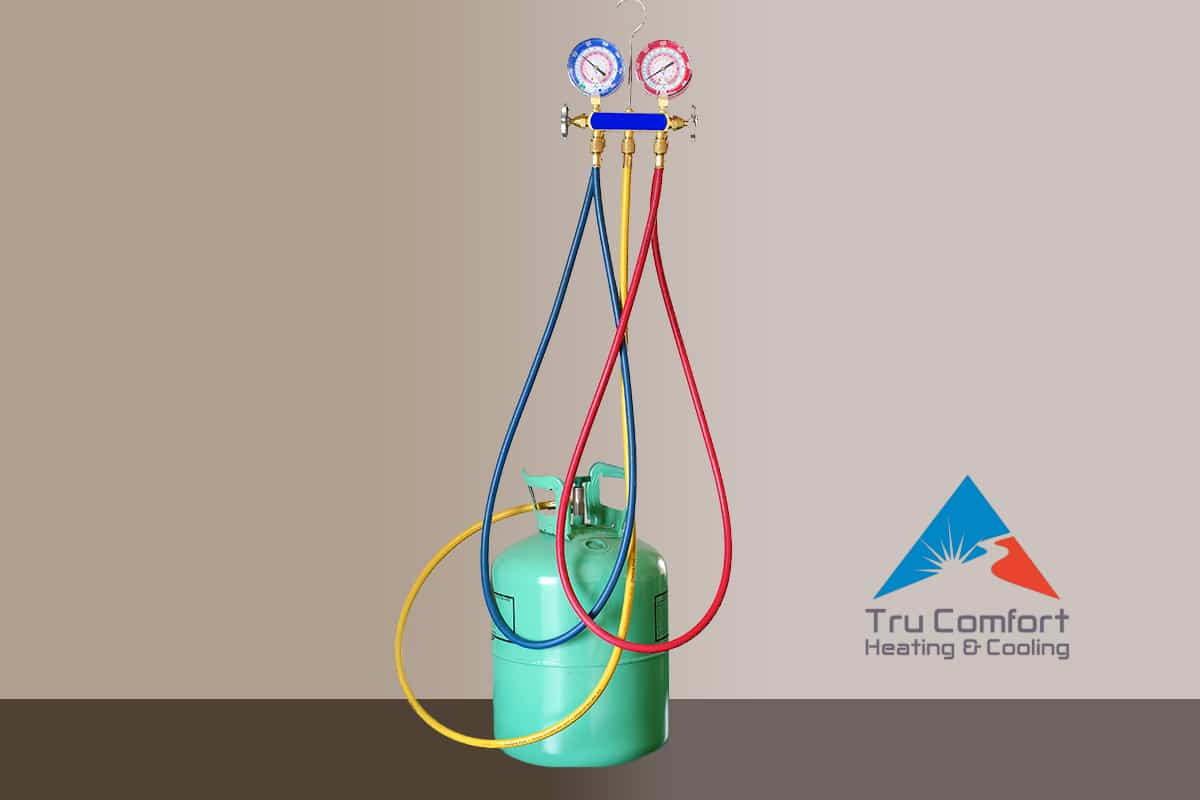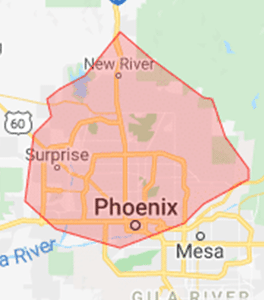Most industry experts already know that phasing out R-22 has been the plan for many years. With 2020 marking the official end of R-22 production, it’s time for home and business owners, like you, to start paying closer attention to the R-22 phase-out campaign and figuring out a plan for what you need to do once this once widely popular product is no longer available for purchase.
Why Is R-22 Phasing Out?
Now, you might be wondering if R-22 is so popular for its superior efficiency and safety, why is it even being phased out at all? And to that, we say: “to save the environment, of course!” As effective as R-22 is, it’s also a “Class II” ozone-depleting substance (ODS) responsible for significant environmental damage. For this reason, the Montreal Protocol and U.S. Clean Air Acts have flagged it for prompt discontinuation.
What Will You Use Instead Of R-22?
Are you worried about the inevitable R-22 phase-out campaign? Don’t be! The truth is that there are plenty of refrigerant options specially formulated to replace R-22. R-410a is an especially popular replacement choice, as it has virtually no impact on the environment and is actually superior to R-22 at latent heat absorption and distribution making it generally more efficient. That said, if your older system exclusively uses R-22, it may not be compatible with R-410a. You might have better luck with R-407c, but you should definitely speak with an HVAC specialist who can help you choose the right refrigerant for your property.
When Will The R-22 Phase-Out Affect You?
If or when this R-22 phase-out will affect you depends on the type of system you have now. If you have a newer unit that runs on R-410a already, this phase-out shouldn’t affect you at all. If you’re in the process of looking for a new system, simply make sure you look specifically for units that run on R-410a. If your property is running off old HVAC units, you will likely want to upgrade quickly. As R-22 continues to phase out, you can expect to see its cost continue to skyrocket until it is ultimately impossible to find. You can typically identify what type of refrigerant an air conditioner uses by its nameplate. The refrigerant it uses, related safety information, electrical ratings, and other important information should all be listed there.
Who Can Help You Learn More?
Eager to learn more about how the R-22 phase-out campaign is going to affect you or upgrade your not-so-green air conditioner to a better, cleaner model? Let Tru Comfort Heating and Cooling show you the way today by calling (602) 499-7855, or simply fill out the form in the sidebar.


 Why is My Air Conditioner Running But Not Cooling?
Why is My Air Conditioner Running But Not Cooling?


Connect With Us!